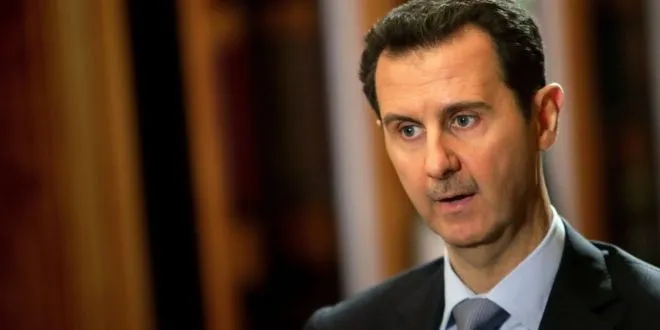Dethroned Syrian Leader Bashar al-Assad Granted Asylum In Russia

Former Syrian President Bashar al-Assad, along with his family, has arrived in Moscow after Russia granted them asylum on humanitarian grounds. This development comes following Assad’s departure from Syria as rebel forces entered Damascus unopposed, effectively ending his family’s nearly six-decade rule.
A Kremlin source confirmed Assad’s asylum to Russian news agencies on Sunday, December 8, stating that an agreement was reached to ensure the safety of Russia’s military installations in Syria, including the critical naval facility at Tartous.
According to Russia’s Foreign Ministry, Assad relinquished his presidency and ordered a peaceful transition of power, facilitating negotiations with various factions under United Nations auspices. Syrian opposition leaders have reportedly guaranteed the security of Russia’s military and diplomatic assets in Syria.
Moscow has been a key ally of Assad, intervening militarily in 2015 during the Syrian civil war to bolster his regime. With Assad’s departure, Russia is working to maintain its geopolitical influence in the region and secure its military bases, including the Hmeimim airbase in Latakia province and the Tartous naval facility.
The Tartous base, Russia’s only Mediterranean naval hub, plays a critical role in projecting Russian power across the Middle East, Africa, and the Mediterranean. Losing it would significantly weaken Moscow’s strategic positioning, according to military analysts.
The Russian Foreign Ministry announced that its military facilities in Syria had been placed on high alert, though it downplayed immediate risks to their security. “There is currently no serious threat to their security,” the ministry stated.
In a statement, the ministry also clarified that Russia did not participate in negotiations leading to Assad’s resignation but supported a political resolution to the Syrian crisis.
Unconfirmed reports suggest that Assad may have been in Moscow, where his elder son is studying, when rebel forces advanced into Aleppo late last month. Upon his return to Syria, he decided to step down and leave the country.
In Moscow, the Syrian flag was removed from its embassy building on Sunday, though embassy staff stated it would resume normal operations on Monday.
This marks a significant shift in Syria’s political landscape and raises questions about the future of Russian-Syrian relations as Moscow navigates the challenges of preserving its strategic interests in the region.

